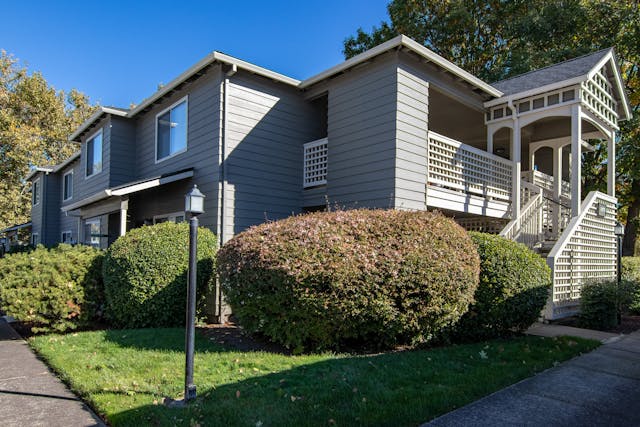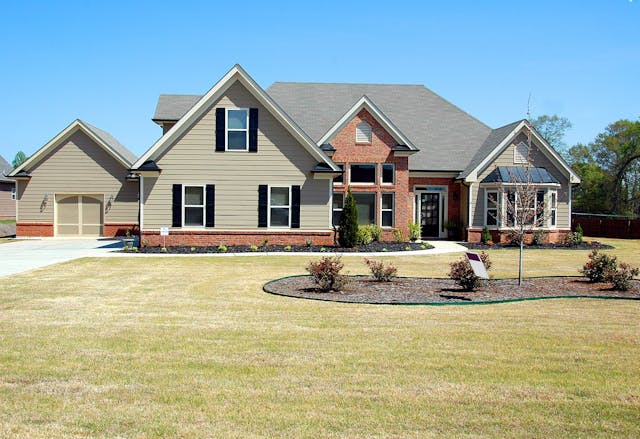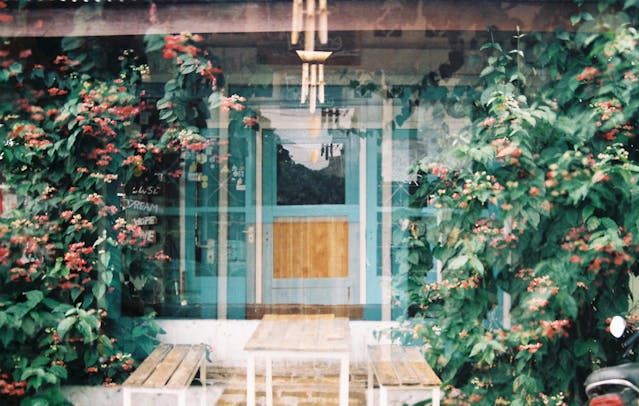Sustainability in property management has shifted from being a niche concern to a priority for renters and property owners alike. Green Door Property Management emphasizes sustainable living solutions that make rental properties eco-friendly while cutting operational costs and meeting tenant expectations. Achieving this balance requires strategic planning, investments in technology, and a commitment to practices that minimize environmental impact.
Prioritizing Energy Efficiency
Energy efficiency is a cornerstone of sustainable property management. Reducing energy consumption benefits the environment and significantly lowers utility costs for both tenants and property owners. Installing energy-efficient appliances is one of the easiest ways to upgrade a rental property. Refrigerators, dishwashers, and HVAC systems with Energy Star ratings perform better while consuming less electricity.
Lighting upgrades also make a noticeable difference. Replacing incandescent bulbs with LED alternatives reduces energy use and maintenance efforts. LED bulbs last longer, which means fewer replacements and lower costs over time.

Programmable thermostats are another must-have for modern rental units. These devices allow tenants to customize heating and cooling schedules, ensuring comfort while avoiding unnecessary energy waste. Smart thermostats take this a step further by learning usage patterns and automatically optimizing energy use.
A property I managed transitioned to smart thermostats across multiple units and saw a noticeable drop in energy bills within the first few months. Tenants appreciated the convenience, while owners benefited from reduced overhead costs.
Water Conservation Techniques
Water waste is a significant issue for many rental properties, particularly in areas with drought concerns. Simple upgrades like low-flow toilets, showerheads, and faucets dramatically reduce water usage without sacrificing performance.
Irrigation systems often account for a large portion of a property’s water consumption. Replacing traditional sprinkler systems with drip irrigation minimizes waste by delivering water directly to plant roots. Pairing these systems with rain sensors ensures irrigation only occurs when necessary.
Rainwater harvesting systems offer another practical solution for conserving water. Collecting rainwater from rooftops and storing it for irrigation or non-potable uses helps properties cut costs and improve sustainability.
One owner I worked with installed rain barrels at several single-family rental homes. The captured water kept lawns green during dry months and lowered water bills significantly. This simple investment made the properties more attractive to eco-conscious renters.
Waste Management Improvements
Efficient waste management is key to running a sustainable rental property. Providing recycling options encourages tenants to reduce landfill contributions. Clear signage and convenient placement of recycling bins improve participation rates.
Composting is another strategy gaining popularity, especially in properties with garden spaces. Offering compost bins for organic waste not only reduces trash but also creates nutrient-rich soil for landscaping.
Digital communication reduces paper waste in property management. Lease agreements, maintenance notices, and newsletters can all be sent electronically, cutting down on the need for physical documents. Tenants often appreciate the convenience, and the environmental benefits add to the property’s appeal.
Renewable Energy Options
Renewable energy sources, like solar panels, are becoming increasingly accessible for rental properties. While the initial installation costs may seem high, incentives like tax credits and reduced energy bills make solar power a worthwhile investment.
Properties with solar panels often attract environmentally conscious tenants who value sustainable living options. Owners benefit from lower energy costs and the ability to market their rentals as eco-friendly spaces.
Some rental properties utilize community solar programs, where multiple units share the benefits of solar energy without requiring individual panels for each unit. This arrangement is ideal for apartment complexes or properties with limited roof space.
One multi-family property I managed added solar panels to its rooftop and used the savings to fund additional eco-friendly upgrades, including improved insulation and LED lighting in common areas. These improvements increased tenant retention and boosted the property’s value.
Sustainable Materials for Property Upgrades
Renovations provide an opportunity to prioritize sustainable materials. Bamboo flooring, reclaimed wood, and recycled steel are eco-friendly alternatives to traditional building materials. These options reduce the environmental impact of construction while giving properties a modern and attractive look.
Low-VOC (volatile organic compound) paints improve indoor air quality and appeal to tenants looking for healthier living environments. Choosing durable materials also reduces the need for frequent replacements, saving money and reducing waste over time.
One property I oversaw replaced outdated carpeting with sustainable cork flooring. Not only did this upgrade improve the unit’s aesthetic appeal, but it also demonstrated the owner’s commitment to sustainability, which attracted long-term tenants.
Building Green Relationships with Tenants
Tenants play a vital role in achieving sustainability goals. Educating them about energy-saving practices, water conservation, and proper recycling fosters a sense of shared responsibility. Welcome packets for new tenants can include energy-saving tips, recycling guidelines, and instructions for any eco-friendly features like smart thermostats or rainwater collection systems.
Some properties incentivize sustainable behavior by offering discounts on utilities or small perks for tenants who actively participate in green initiatives. Hosting occasional community events focused on sustainability, like tree-planting days or recycling drives, builds tenant engagement and strengthens community ties.
One rental community I worked with launched a sustainability contest, rewarding tenants who reduced their energy consumption the most over a three-month period. The program generated enthusiasm and significantly lowered utility bills during its duration.
Monitoring Progress with Technology
Technology plays a crucial role in tracking and improving sustainability efforts. Energy monitoring systems provide real-time data on consumption, allowing property managers to identify areas for improvement.
Smart water meters detect leaks and monitor usage patterns, helping reduce waste and avoid costly water damage. These systems pay for themselves quickly by catching small issues before they become major problems.

Property management software simplifies tracking expenses related to sustainability upgrades, making it easier to measure return on investment. Detailed records of energy savings and water usage can also be used to market the property to environmentally conscious tenants.
One owner I worked with used energy monitoring tools to track the impact of installing LED lighting and smart thermostats. The data showed a significant drop in electricity usage, which was used as a selling point when marketing the property to prospective tenants.
Benefits of Sustainable Property Management
Sustainability not only benefits the environment but also improves the profitability and reputation of rental properties. Eco-friendly upgrades reduce operating costs and appeal to a growing market of tenants who prioritize green living.
Properties with sustainable features often command higher rents and attract long-term tenants. Owners also gain a competitive edge in the market by differentiating their properties from those with outdated features.
For property managers, emphasizing sustainability creates opportunities to build stronger relationships with owners and tenants. Demonstrating a commitment to environmentally responsible practices enhances trust and sets the stage for long-term success.
Sustainable living solutions are more than a trend—they are a practical, cost-effective approach to property management. By prioritizing energy efficiency, water conservation, waste reduction, and renewable energy, Green Door Property Management creates properties that are not only better for the planet but also better for business.
